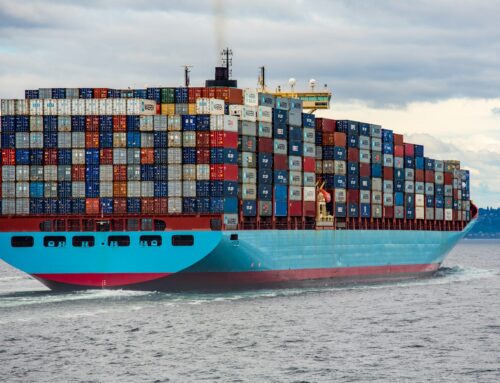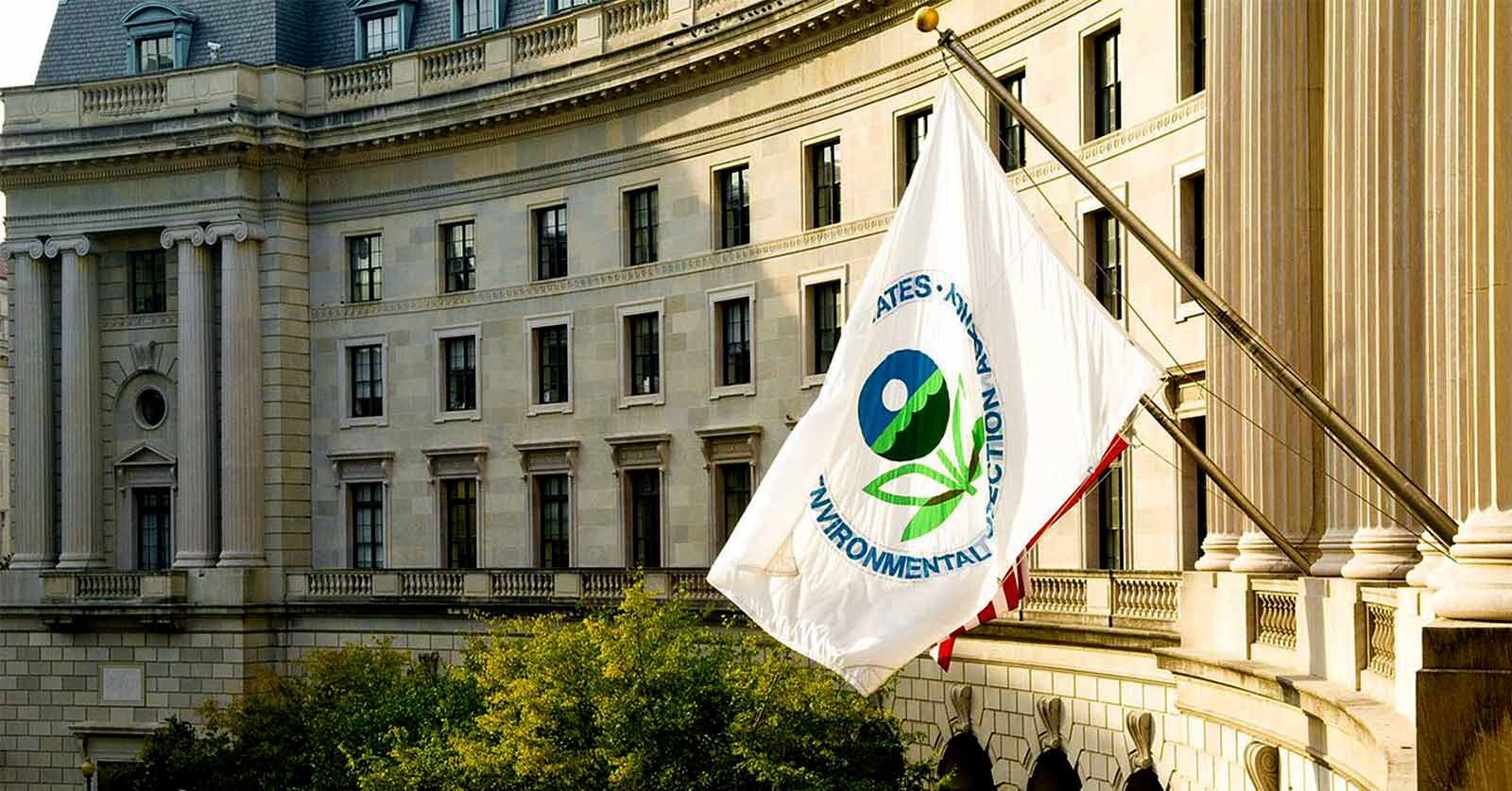Mr. Richard Stevenson
Bureau of Reclamation
2800 Cottage Way, MP-440
Sacramento CA 95825
Dear Mr. Stevenson,
Taxpayers for Common Sense, a national nonprofit budget watchdog, is writing to comment on the proposed Central Valley Project Long-Term Water Service Renewal Contract for Westlands Water District. Over the last five years, TCS has frequently expressed our concern over the way in which the Bureau of Reclamation is renewing Central Valley Project water service contracts. To date, the Bureau has renewed these contracts in a fiscally irresponsible way that ties the hands of both California and federal taxpayers for decades to come. It is clear that any attempt to reform the Bureau’s water pricing policies must start with Westlands, which receives more than a quarter of Central Valley Project water.
TCS opposes the proposed contract, which will only aggravate the gross mismanagement of federally subsidized water, discourage water conservation, and perpetuate the serious over allocation of California’s limited water resources. As it stands, the terms of the contract render the reforms of the Central Valley Project Improvement Act of 1992 virtually meaningless. We strongly urge the Bureau to amend the contract to ensure that, at a minimum, the CVPIA is accurately and legally implemented.
Westlands Contract Perpetuates Wasteful Federal Subsidy
The Central Valley Project has cost federal taxpayers millions of dollars by selling water to farmers at artificially low prices. According to the Environmental Working Group, this subsidy is worth at least $416 million per year. Moreover, the vast majority of these subsidies are supporting large agri-businesses, not the small family farmers that the Bureau of Reclamation was originally charged with helping. Westlands is the top subsidy recipient in the Central Valley, receiving a subsidy of $23.9 million in 2002 alone.
The proposed Westlands contract sets irrigation water prices at $19.06 per acre-foot (AF) from the Delta-Mendota Canal and $31.63 per AF from the San Luis Canal (non-tiered rate). Comparing this to what residents of San Francisco ($560/acre foot) or Houston ($900 acre foot), or even other Californian agricultural users pay ($120/acre foot in the Central Coast), the low rates of Westlands Water District represent an unfair give-away of federal water. Indeed, according to the contract, the “full-cost” rate is at least $43.32 per AF from the Delta-Mendota Canal and $55.20 from the San Luis Canal. The full-cost rate reflects operation and maintenance costs, capital costs, and some interest on capital costs. Thus the federal taxpayer is picking up the tab on the additional costs needed to finance the Central Valley Project.
Contract Fails to Allow Meaningful Review
Although the contract ostensibly only provides irrigation water for 25 years, as required by the Central Valley Project Improvement Act, it is effectively good for 50 years because of the provision in the contract that virtually guarantees that the irrigation water portion of the contract can be renewed for another 25 years (municipal and industrial users can renew their contract for an additional 40 years).
In recognition of the constantly evolving needs of California’s diverse set of water users, it is unwise to simply guarantee contract renewal without clear accountability provisions on the part of the water contractor, a rigorous public review process, and thorough analysis of California’s water needs in the future. This contract will prevent the Bureau from being able to adjust supplies to correspond to differing needs and priorities. In addition, this provision increases the burden on federal taxpayers. As the demand for water in California grows, the gap between market rates and the subsidized rate will continue to widen, increasing taxpayer costs. TCS urges that the contract be amended so that the Bureau must undertake the same contract renewal process that it is carrying now, including the public comment period, in 25 years, as required by the Central Valley Project Improvement Act.
Contract Avoids Pricing Reform
As discussed above, the Westlands Water District is receiving massive federal subsidies because of the failure to charge irrigators a rate that would allow them to repay their portion of CVP costs on time. By continually undervaluing and subsidizing irrigation water, the Bureau ensures its waste. In many instances, water contractors are paying bargain basement rates for federal water and then selling it at a premium to other water users. TCS generally supports water marketing. However, we cannot agree with allowing water contractors to profiteer with federal water supplies.
A step towards reforming this subsidization was taken in the Central Valley Project Improvement Act of 1992, which mandates tiered water pricing that starts when water consumption exceeds 80% of the annual contract maximum. However, the proposed contract circumvents even this relatively modest reform by renewing Westland’s right to 1,150,000 acre-feet of water, the same amount as in its previous contract. (This amount may even increase to as much as 1,188,490 acre-feet before the contract is executed). According to the contract, in the last 5 years, Westlands received an average of 66% of its allotment. This means that, except in exceptionally wet years, farmers escape from the tiered pricing scheme of the Central Valley Project Improvement Act.
In addition to harming federal taxpayers, inflated promises of water and large subsidies will increase pressure for new dam projects. Such promises will continue a vicious cycle of the federal government promising unreachable amounts of water at cheap prices to CVP contractors and then federal taxpayers being forced to fund massive new water projects to try to meet these demands.
Taxpayers for Common Sense advocates reducing the amount of water promised to Westlands in order to ensure that the CVPIA’s tiered pricing scheme will be implemented. Moreover, irrigators must be charged for more than the “Cost of Service” rate if they are to repay their share of the CVP by 2030, as required by law. As of 2002, irrigators had paid off only 11% of the cost allocated to them. Charging higher rates to irrigators would ensure wise use of precious water resources in California, and allow the investment in the Central Valley Project to be paid back by the farmers who benefit from it, rather than federal taxpayers. Unless water subsidies are reduced, the antiquated water pricing policies that have encouraged sustained overconsumption and inefficiency since the late 1930s will continue at the expense of environmental and other beneficial water uses.
Contract Fails to Incorporate Land Retirement
Westlands is involved in negotiations with the Bureau of Reclamation that could involve retiring a large fraction (up to almost half) of Westlands farmland in order to solve the area’s toxic drainage problem. The contract should stipulate that the amount of water promised in the Westlands contract will be reduced by an amount proportional to the acreage of land retired.
A terrible precedent was set in 2002 by the settlement of Sumner Peck Ranch Inc. v. Bureau of Reclamation, in which certain Westlands lands were retired but Westlands farmers were allowed to keep their entire allotment of CVP water. This deal, which comes at the expense of federal taxpayers, could only be described as allowing Westlands farmers to “have their cake and eat it too.” If the Bureau continues to promise much more water than is actually required to irrigate Westlands, it will allow the District’s evasion of the Central Valley Project Improvement Act’s tiered pricing scheme to continue. Further, allowing Westlands to retain water rights on retired lands will only perpetuate current drainage problems in other areas and provide an opportunity for the District to sell its excess water at inflated prices to other users. TCS believes the proposed contract does not represent the interests of federal taxpayers. Instead it provides extremely favorable conditions to water service contractors while failing to ensure essential taxpayer protections, as promised in the Central Valley Project Improvement Act of 1992. The contract should be amended to reflect realistic water delivery amounts at far less subsidized prices.
Sincerely,
Steve Ellis
Vice President of Programs
Taxpayers for Common Sense
651 Pennsylvania Ave, SE
Washington, DC 20003














Get Social